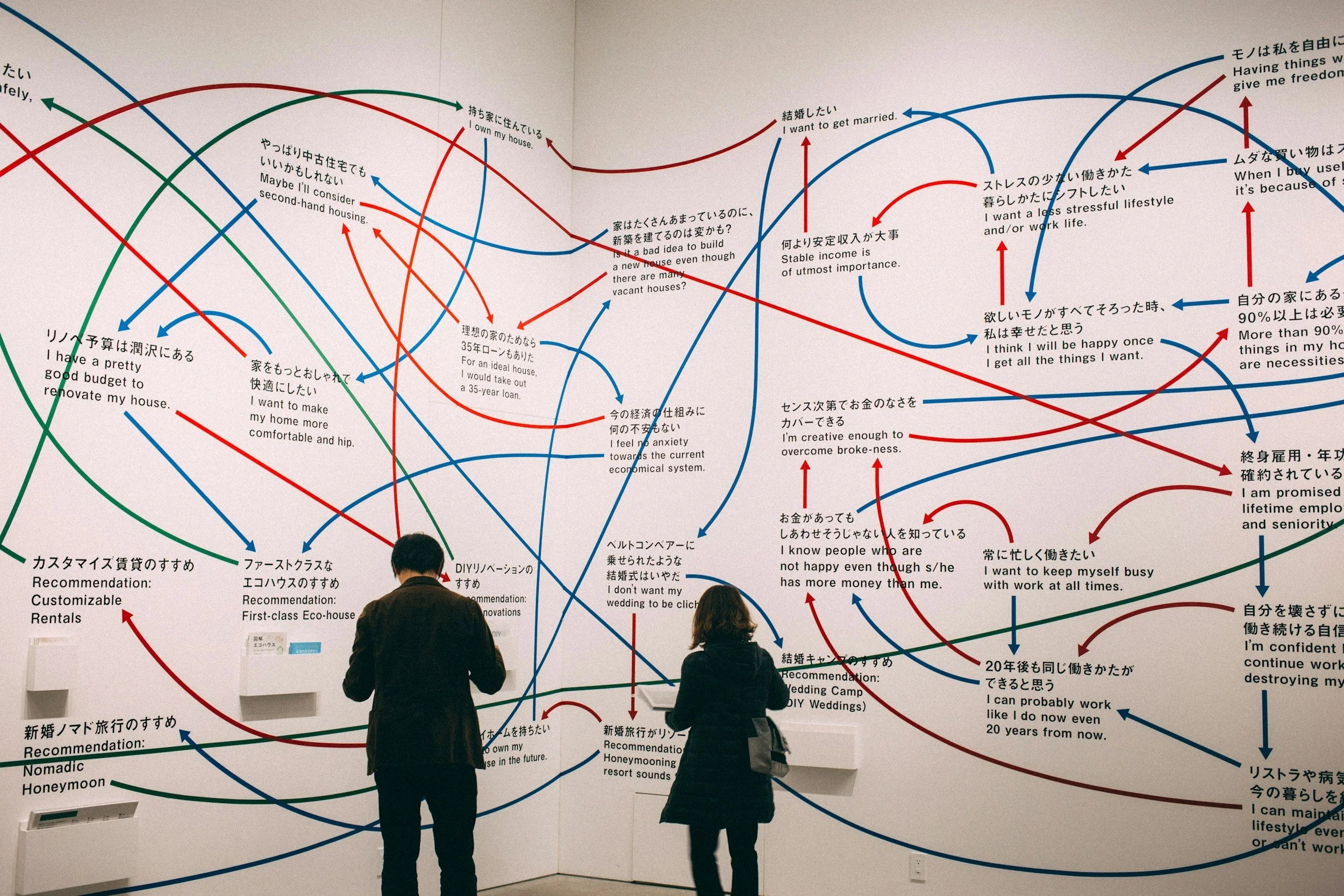Narrative Lectionary Key Verse for Today
“A voice cries out: ‘In the wilderness prepare the way of the Lord, make straight in the desert a highway for our God.’”
NL Daily Devotion for Sunday, December 10, 2023
by Madison Johnston, Clergy Stuff
Main Idea: The temporal is precious in God’s eyes—so precious that God uses it as the primary vessel of what is eternal.
When we read this passage from Isaiah 40, we are often drawn to Verses 6-8. That’s because those verses are about people. Those verses are about us. Just as often, we are tempted to interpret Verses 6-8 in a dangerous way—that is, in a way that diminishes our place in the cosmos as it glorifies God’s.
Surely the point of this prophecy is to celebrate the reach, the grandeur and the all-encompassing power of God. The author of Isaiah uses timelessness to get this point across. The best way he knows how to describe God’s greatness is to equate it with something that transcends beginnings and endings as we know them.
So, when he contrasts God’s immortality—the “foreverness” of God, for lack of a better term—with our inherently temporal natures, we can end up drawing a false binary and assuming that our mortality—our lack of “foreverness”—makes us inferior.
What the Spirit wants us to hear today is that we don’t need to be so deprecating. We don’t need to fall for that logical fallacy. God’s greatness does not imply that we are not great. God’s grandness does not imply that we are small or insignificant. The author of Isaiah is saying quite the opposite! He is telling us that the temporal is precious in God’s eyes. So precious, in fact, that God chooses to embrace and engage with it. To infuse it with comfort and tenderness. God looks on the temporal—looks on us—with love and mercy, using our finite essence as the primary vessel of God’s infinite essence.
The author of Mark pushes this claim even further, teasing us with a reminder that God doesn’t just look on the temporal. God took on the temporal. God in all of God’s glory became human for no other reason that to love what is human.
And that’s particularly good for us to remember today. The theme of the Second Sunday in Advent is love. When we light the second candle in our Advent wreaths, we bring our collective attention to God’s love for us. To God as love among us. And to our love of God and of one another. God loves us so much that God became one of us in Jesus. And because God’s word will stand forever, we who would normally wither or fade away left to ourselves know that we will not wither or fade away now. Essentially, our good news today is that God loves the flowers and the grass for exactly what they are, and just exactly as they are. And God fuses God’s very self to the flowers and the grass to make what was once impossible for them, possible.





